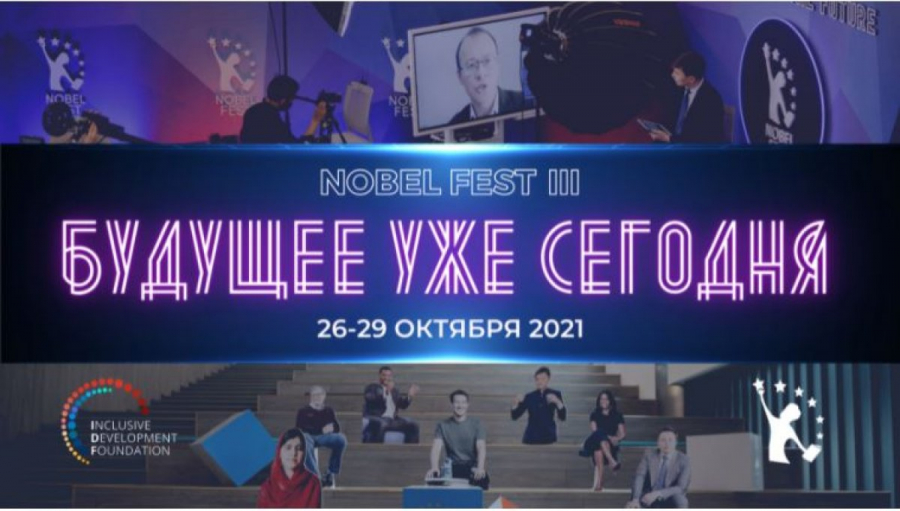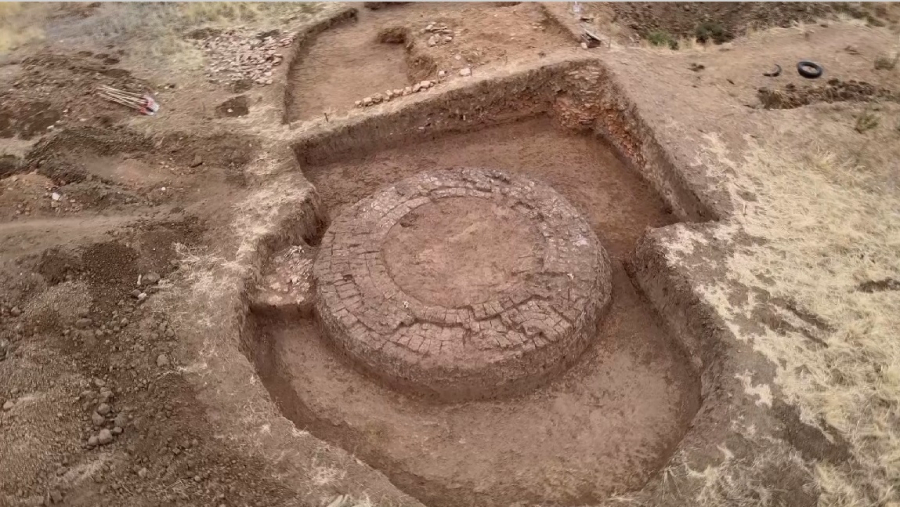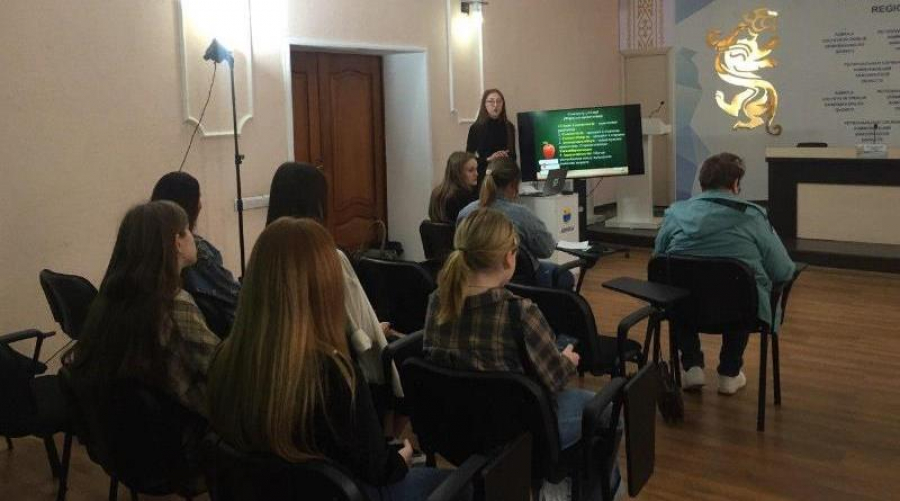
In Kazakhstan, universities known as ‘Silver’ operate on the basis of higher education institutions. These schools have more than 3,000 students over 50. The unique project was launched last year, and now it continues as part of the lifelong learning development program. On the courses, students get new skills and knowledge. What makes these accomplished people go back to school?
Bakytzhan Moldagaipov is already 78. Throughout many years he worked as a surgeon, performing numerous operations. Since a young age, he has been interested in studying national history and culture. However, back in the day, there were not enough works and further literature in these fields of study, he says. But now Bakytzhan hopes to fill in the knowledge gaps by attending the courses of the ‘Silver’ university.
“During my childhood and youth there was far fewer of such professional literature. But right now I want to focus on these areas, all the more so because lots of new discoveries have been made in recent years. I like the courses a lot. We study new topics, hold discussions, sometimes we argue, because everyone has their own view of things. After all, there is a wealth of knowledge and experience behind each student,” student of the ‘Silver’ university noted.
Bakytzhan is not going to stop there. He plans to attend some additional courses. In fact, the students of the ‘Silver’ university are entitled to obtain new knowledge in any of the 10 available areas.
“About 300 people underwent training last year. 42 teachers were involved, and a total of 15 courses were organized. This year there are 15 courses, and more than 100 people enrolled in them. We will gradually cover all 2,000 people who’ve submitted an application,” said Raikhan Baimagambetova, lecturer of the ‘Silver’ university at Gumilyov Eurasian National University.
Students are free to choose any course they like. They teach students computer skills, digital, legal and financial literacy, as well as various languages, history and cultural studies.
“The Ministry of Labor and Social Protection of the Population is working with the Ministry of Science and Higher Education to draft a law on retraining. This document will enable such graduates to confirm their training certificates and secure a job in the future. For now, it is informal education. In addition to the educational component, the courses help students to enrich themselves spiritually and culturally, as well as to obtain physical literacy skills,” added Banu Narbekova, Acting Chairperson of the Higher and Postgraduate Education Committee.
Overall, the ‘Silver’ universities have been opened in 72 higher education institutions across the country. More than 230 programs are available there. No age limit was introduced. The courses are free of charge, and usually attended by people over 50.









